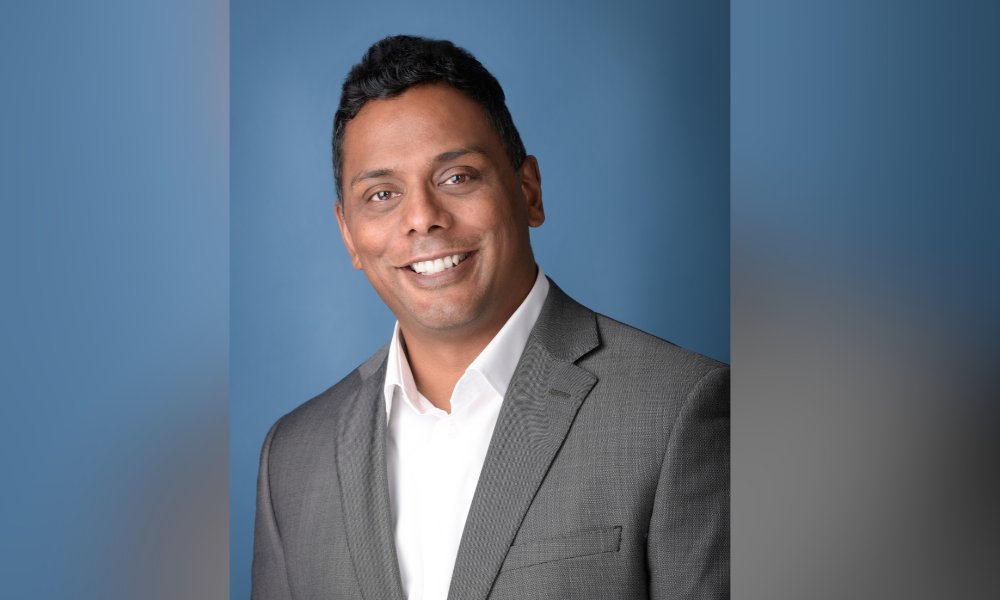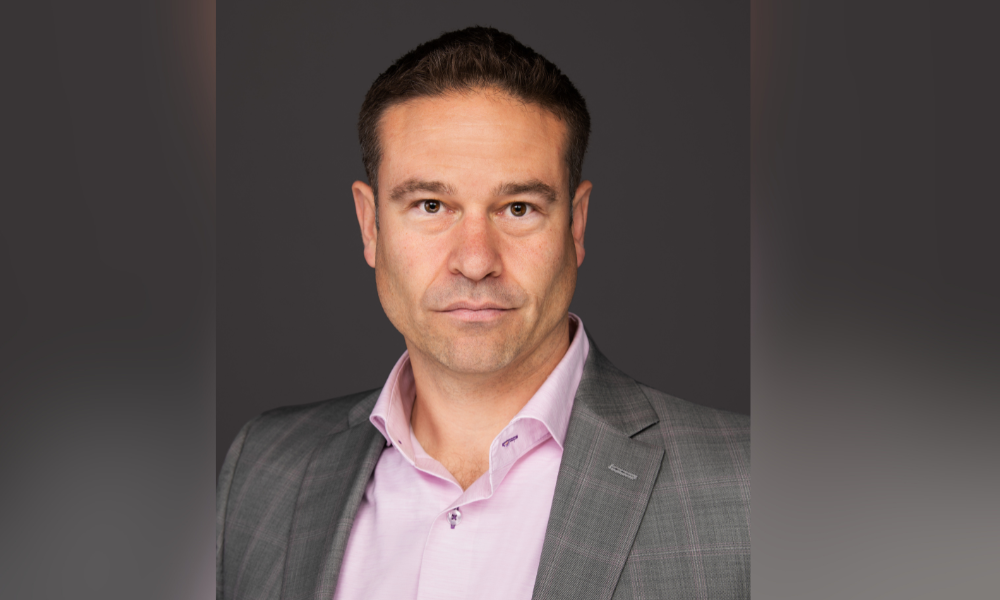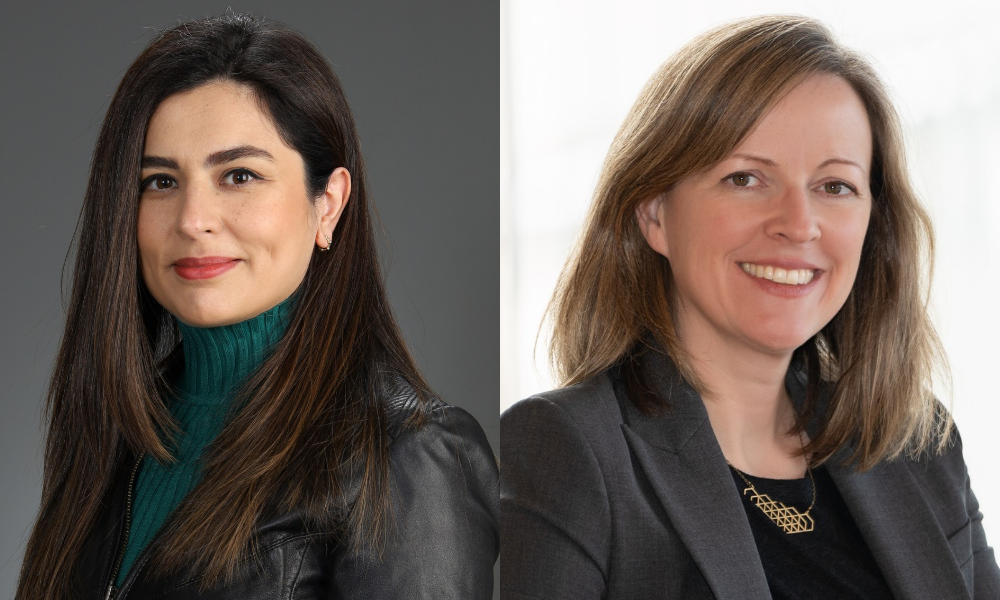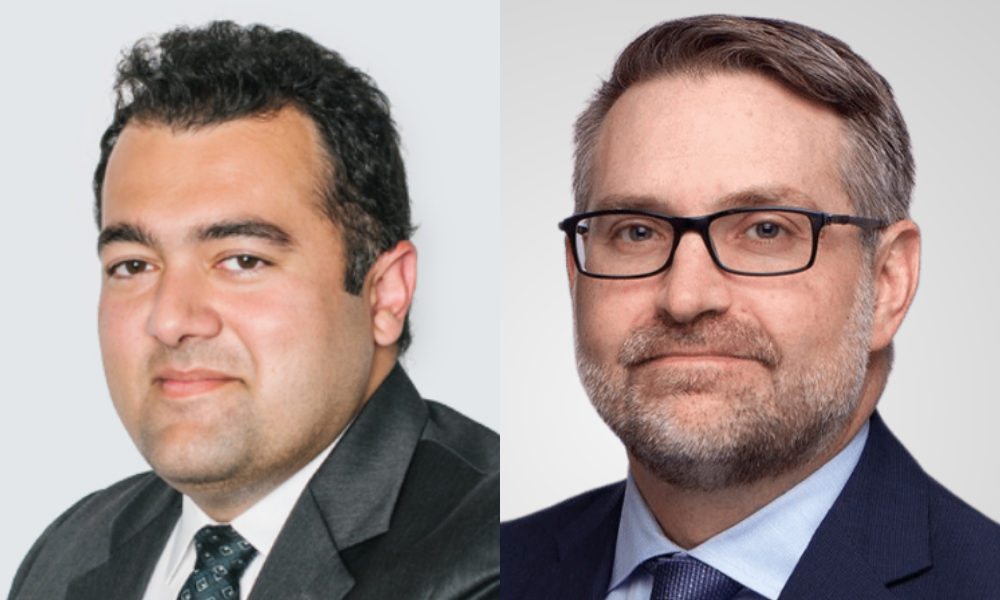‘There’s so much depth to the HR field,’ says HR leader at Ericsson
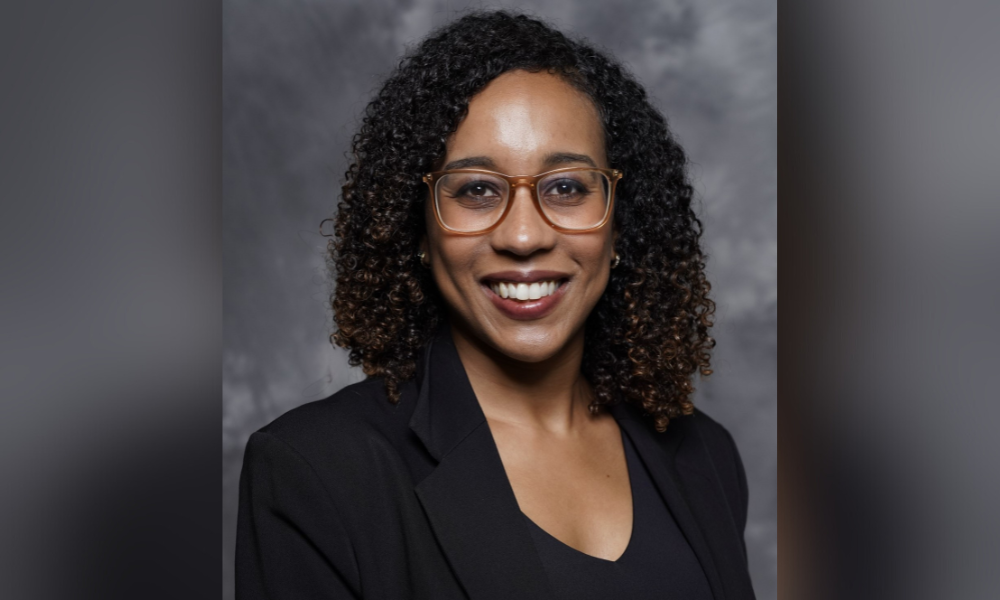
Many HR professionals begin their careers with a curiosity about human behaviour — and for Erika Brooks, that journey started early.
"I actually went to school studying psychology... I thought, ‘I really enjoy this.’ I am fascinated by human behaviour and people dynamics and how we relate to each other," says the head of people Canada and customer unit at Ericsson.
Yet a purely clinical path didn’t appeal. Instead, Brooks found her calling at the intersection of psychology and business: HR.
"We're at work so much, as part of our life, so understanding how we tick and how we do it at work, and what motivates people and how we relate to each other, it was a good blend," she says.
That realization led to Brooks completing both a bachelor’s in psychology and a graduate diploma in HR management at McGill University.
Long career at Ericsson
Her HR career actually began at the university, where she worked as an acting graduate coordinator. Brooks went on to join Ericsson Canada full-time in 2011, and has remained there ever since.
"My whole HR career has been in Ericsson, so I'm super lucky to have that experience,” she says.
The decision to join — and stay — with the multinational telecom for over 13 years is rooted in the company’s values and people-first culture. Ericsson Canada has over 3,100 employees working in Montreal, Ottawa, and Toronto.
"It was a global company, so it had that aspect of being very dynamic, [with] a lot of areas that you can get into... it’s always had that very strong culture of perseverance, respect, professionalism," says Brooks.
From day one, she says she felt welcomed by the company, and that feeling has never faded.
"The way we take care of our people is really strong. We're really a company that stands by our values and... we hold our people accountable towards our values. So that's what's really kept me here," says Brooks, noting the loyalty of many long-tenured employees.
Evolving from partner to strategist in HR
Through her years at Ericsson, Brooks worked as a people business partners for more than 10 years. So, what does that entail? Focusing on the day-to-day, practical aspects of the role, such as working with front-line managers, interpreting policies and rolling out programs.
On the other hand, “with the head of people, you're working with a VP level or executive for a whole unit, and you’re the one owning the people strategy for that unit... to ensure that they're putting that strategy into practice in everything they do."
She emphasizes the importance of foundational experience: "That people business partner part is key... before you can really understand the strategy piece."
Reflecting on her career so far, Brooks notes that the depth of HR surprised her.
"In popular media, you get a perception of HR [and] I learned that it wasn’t totally true from the beginning… and you realize that there’s so much depth to the HR field, and there’s so many things and areas that you can impact, and make a difference in the employee experience, in the way leaders work with their people, the way we put our strategy into practice.”
Brooks’ career path was helped by the support of “really skilled” HR leaders and professionals, she says: “They gave me different views of how to do the HR field well and how you can make a difference."
Nurturing next generation of talent
As for her HR priorities at Ericsson, Brooks says attracting early-career employees is a strategic imperative.
"That's a key part of our talent pipeline approach. We really want to remain a competitive player in attracting top technology talent," she explains.
The company’s deep ties with educational institutions help keep it connected to top young minds across Canada, says Brooks.
“We engage with top talent through things like tech conferences, career fairs, university outreach programs, just to have that connection… so people know us and know what we're doing.”
The company has welcomed over 600 co-op students through the university partnerships, onboarding up to 120 students annually, she notes, and “we're really proud of our internship program — we're giving them hands-on experience, mentorship opportunities.”
Cultural values at Ericsson
A big part of Ericsson’s success as an employer is its strong culture — which is a deliberate, daily effort.
"We really make the cultural values very clear... we put them out there, we state them often [and] it’s conveyed in our actions,” says Brooks.
“It's really embedded in our how we treat each other, how we make decisions."
Central to Ericsson’s workplace culture is open communication, encouraging people to “speak up,” she says.
"We’re encouraging employees to share their opinion, share their views, share their suggestions.”
Whether through anonymous channels or face-to-face conversations, feedback is valued, says Brooks.
“We're really encouraging people not to be shy. Because sometimes feedback is not easy, especially if it's more constructive-type feedback. But in our culture, we're only going to get better if we take those courageous decisions to share what we think about something, always in a respectful way."

